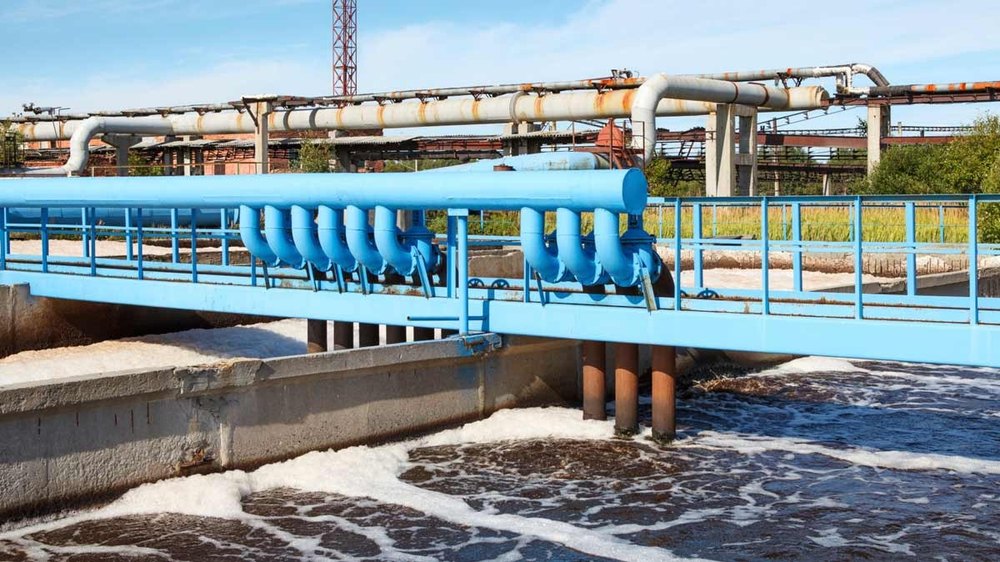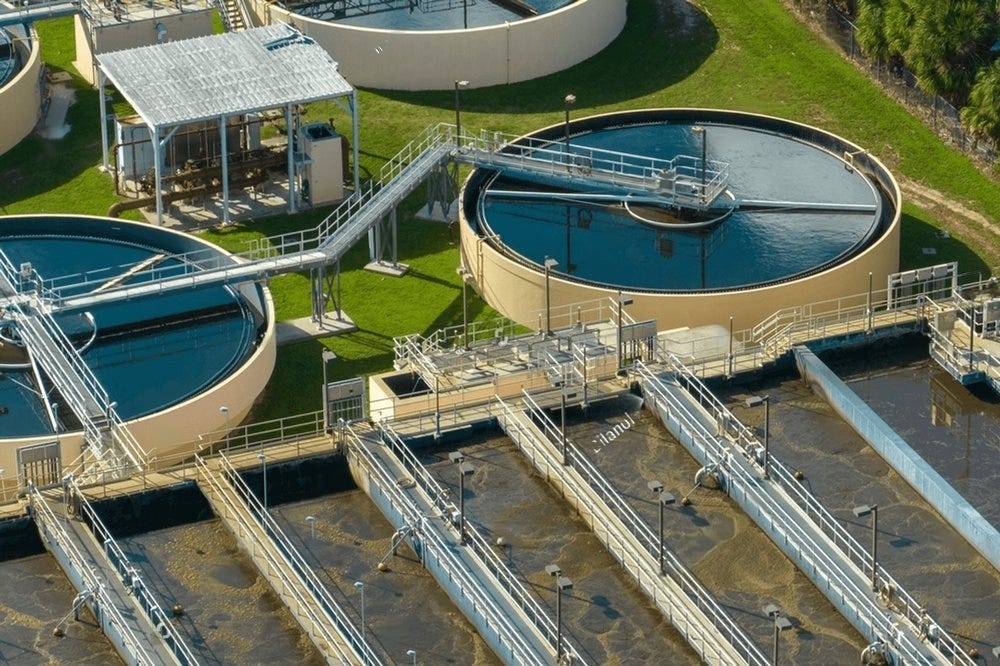
Introduction:
Water scarcity and fluctuating supply are critical challenges faced by industries across India. In recent years, the demand for sustainable and efficient water management solutions has surged, prompting businesses to adopt innovative technologies like modular water storage systems. These systems offer numerous advantages that cater specifically to the diverse needs of Indian industries.
Flexibility and Scalability:
Modular water storage systems are designed with flexibility in mind. They can be customized to fit specific site requirements, whether for large manufacturing plants or smaller industrial setups. This flexibility allows industries to scale their water storage capacity according to their evolving needs without disrupting ongoing operations. In a country as diverse as India, where industrial landscapes vary widely, this adaptability is crucial.
Space Efficiency:
Traditional water storage solutions often require significant space, which can be a constraint in densely populated industrial areas. Modular systems, however, are compact and can be installed in tight spaces or even on elevated platforms, optimizing land use. This feature is particularly beneficial in urban and peri-urban industrial zones where real estate comes at a premium.
Rapid Deployment:
Time is of the essence in industrial operations. Modular water storage systems are prefabricated off-site, which minimizes on-site construction time and disruptions. This rapid deployment ensures that industries can swiftly integrate new water storage solutions into their existing infrastructure, enhancing operational efficiency and reducing downtime.
Customization for Water Quality:
Different industries have varying water quality requirements depending on their processes. Modular systems can incorporate advanced filtration and treatment technologies tailored to specific water quality parameters. This capability is invaluable in sectors such as pharmaceuticals, food processing, and electronics manufacturing, where water purity is critical to product quality and regulatory compliance.

Cost Efficiency:
Investing in modular water storage systems can yield long-term cost savings. These systems typically have lower installation costs compared to traditional concrete structures. Moreover, their scalability allows industries to expand their water storage capacity incrementally, aligning investment with growth phases. Additionally, operational costs are reduced through efficient water management, including reuse and recycling strategies facilitated by modular systems.
Environmental Sustainability:
Water conservation and environmental sustainability are global imperatives, and Indian industries are increasingly under pressure to adopt eco-friendly practices. Modular water storage systems support these goals by promoting efficient water usage and reducing the environmental footprint associated with water extraction and transportation. By implementing these systems, industries contribute to local water resource management and conservation efforts.
Resilience to Climate Variability:
India’s industrial sector is susceptible to climate variability, including monsoon patterns and droughts. Modular water storage systems provide a buffer against these uncertainties by ensuring reliable access to water year-round. This resilience is crucial for maintaining continuous production and minimizing risks associated with water shortages or disruptions in supply.
Compliance and Risk Management:
Regulatory compliance regarding water usage and discharge is increasingly stringent in India. Modular systems can be equipped with monitoring and control mechanisms to ensure compliance with local environmental regulations. This proactive approach not only mitigates regulatory risks but also enhances corporate reputation by demonstrating a commitment to sustainable practices.
Conclusion:
In conclusion, modular water storage systems represent a transformative solution for Indian industries grappling with water management challenges. Their flexibility, efficiency, and sustainability make them well-suited to diverse industrial applications, from manufacturing to agriculture and beyond. By embracing these systems, industries can achieve operational resilience, cost savings, and environmental stewardship, thereby ensuring sustainable growth in a water-constrained world.
By leveraging the benefits of modular water storage systems, Indian industries can not only secure their water supply but also contribute positively to the broader goal of water sustainability in the country.


